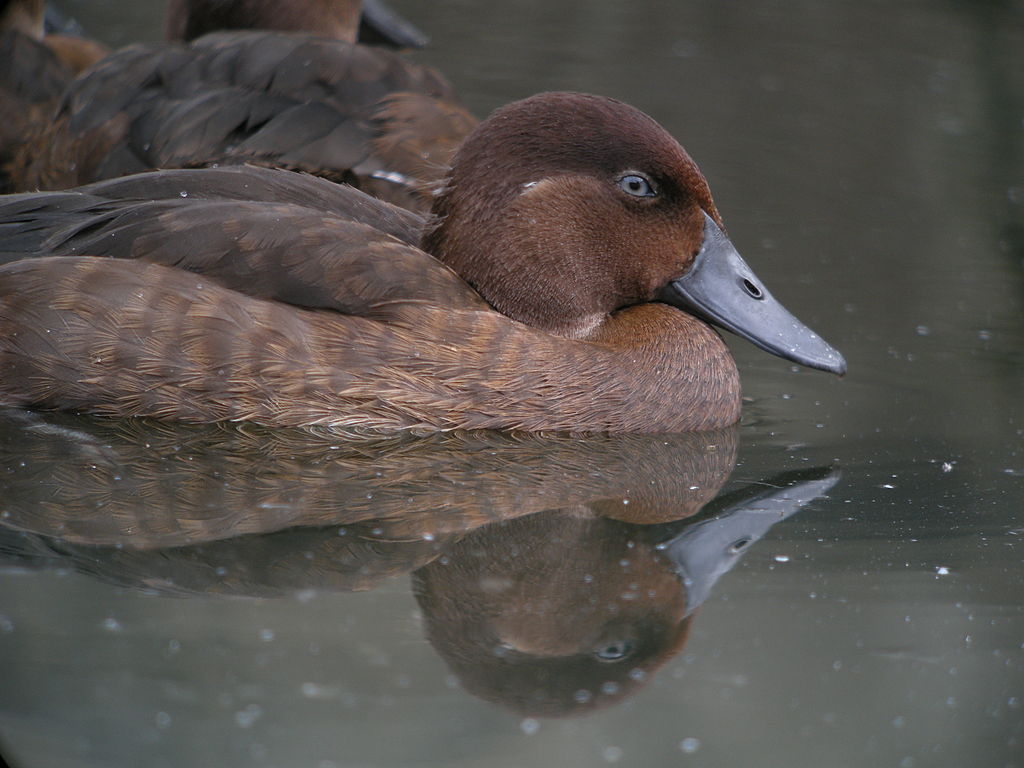
World’s rarest birds thought to be extinct introduced to new home
World’s rarest birds thought to be extinct introduced to new home. A team of agencies including the Wildfowl & Wetlands Trust (WWT) has given Madagascar pochards a new home. Around 100 of the rare ducks have been bred over the last seven years, and the WWT has now introduced 21 of them into the wild on Lake Sofia.
Madagascar pochards were believed to be extinct for 15 years, and are now likely to be the rarest birds in the world – with a wild population of just 25 individuals.
The birds spent their first week of freedom in floating aviaries made from Scottish salmon farming cages. The goal was to familiarize the birds with the lake so that they may remain at the site after their release.
According to experts at the WWT, the ducks are not likely to survive if they leave the lake because the state of the wetlands in Madagascar is so poor.World’s rarest birds thought to be extinct introduced to new home
Once the birds were granted freedom from the aviaries earlier this month, they adapted to life on the lake quickly. They were observed diving, flying, and associating with other wild ducks. The pochards returned to the floating aviaries for feeding and roosting.
Nigel Jarrett, the head of conservation breeding at the WWT, said: “It takes a village to raise a child, so the old African proverb goes, but in this case it has taken a village to raise a duck. We have been preparing for this moment for over a decade.”
“The logistics of working in a remote part of Madagascar – where access to the lakes by vehicle is only possible for three months a year – have been an enormous challenge, requiring us to come up with novel approaches.”
“Working with local communities to solve the issues which were driving this bird to extinction has been essential to giving the pochard a chance of survival.”
“If we can make this work, it will provide a powerful example not just for of how save the planet’s most threatened species but how communities can manage an ecosystem to benefit people and wildlife, especially in areas of significant poverty.”
Feeding stations and other floating equipment have been strategically placed around the lake, and conservationists have been taking further measures to improve the conditions of Lake Sofia.
Dr Glyn Young of the Durrell Wildlife Conservation Trust said: “The idea that we could be releasing pochards into the wild only 12 years after rediscovery pays remarkable testament to the dreams and hard work of many people from Madagascar, Jersey and the UK, who have worked tirelessly to see this remarkable bird get a chance of survival in a changing world.”
—
By Chrissy Sexton, Earth.com Staff Writer
Image Credit: Wiki Commons













